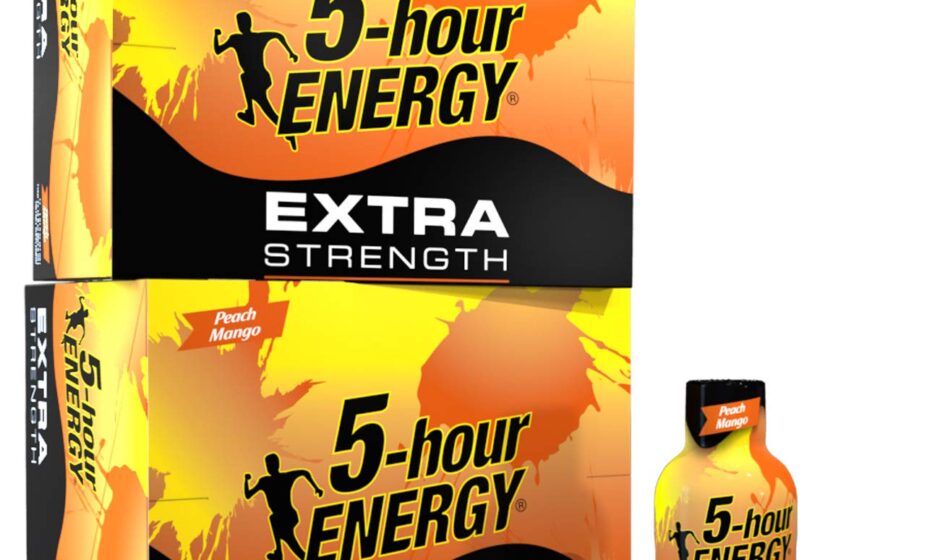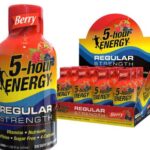Introduction
Amazon FBA (Fulfillment by Amazon) is a game-changer for e-commerce sellers, allowing them to leverage Amazon’s vast logistics network to store, pack, and ship products. However, a crucial aspect of running a successful FBA business is sourcing products from reliable suppliers. This article delves into the essentials of choosing an Amazon FBA supplier, the best sourcing methods, and key factors to consider when selecting a supplier for your business.
What Is an Amazon FBA Supplier?
An Amazon FBA supplier is a manufacturer or wholesaler who provides products to sellers who list and sell them via Amazon’s FBA program. These suppliers typically fall into three main categories:
- Manufacturers – These are companies that produce goods directly. Sourcing from manufacturers often means lower costs and the ability to customize products.
- Wholesalers – These suppliers buy products in bulk from manufacturers and sell them to retailers at a higher price. They provide ready-made products, making it easier for sellers to start quickly.
- Dropshipping Suppliers – Some sellers use dropshipping models where they list products and forward orders to a supplier who then ships directly to the customer. However, this model is not as FBA-friendly.
How to Find an Amazon FBA Supplier
Finding the right supplier is critical to success. Here are some popular ways to source products:
1. Alibaba
Alibaba is one of the largest B2B marketplaces, connecting sellers with suppliers worldwide, particularly in China. It offers various manufacturers and wholesalers with competitive pricing.
2. Global Sources
Similar to Alibaba, Global Sources provides a platform for sourcing manufacturers and suppliers from Asia and beyond. It is known for its high-quality supplier verification process.
3. Trade Shows and Expos
Attending trade shows allows sellers to interact with manufacturers, negotiate deals, and inspect products firsthand before committing to bulk orders.
4. Domestic Wholesale Suppliers
For those who prefer local suppliers, domestic wholesalers can provide faster shipping times and easier communication. Websites like ThomasNet (for U.S. suppliers) can be useful.
5. Online Wholesale Directories
Websites such as SaleHoo and Worldwide Brands provide access to verified suppliers and manufacturers across different industries.
Key Factors to Consider When Choosing a Supplier
Selecting a supplier is not just about pricing. Consider these critical factors:
1. Product Quality
A good supplier should offer high-quality products that meet Amazon’s strict guidelines. Always request samples before placing bulk orders.
2. Pricing and MOQs
Check for competitive pricing and Minimum Order Quantities (MOQs). Some suppliers require bulk purchases, which can be costly for new sellers.
3. Lead Time and Shipping
Fast and reliable shipping is crucial for maintaining inventory levels in Amazon’s fulfillment centers. Ask about production lead times and available shipping methods (e.g., air freight vs. sea freight).
4. Private Label Opportunities
If you plan to build a unique brand, ensure the supplier offers private labeling and customization options for your products.
5. Supplier Reputation and Reviews
Look for reviews and ratings of suppliers on platforms like Alibaba or Global Sources. Check for red flags such as poor communication, hidden fees, or inconsistent product quality.
Steps to Work with an Amazon FBA Supplier
Once you’ve identified a supplier, follow these steps to establish a successful partnership:
1. Contact and Negotiate
Reach out to multiple suppliers, compare pricing, and negotiate terms, including MOQs, production time, and payment options.
2. Request Samples
Before committing to a bulk order, order product samples to inspect quality and ensure they meet Amazon’s requirements.
3. Place a Trial Order
If satisfied with the samples, start with a small test order to evaluate shipping times and product consistency.
4. Arrange FBA Preparation and Shipment
Ensure the supplier can meet Amazon’s packaging and labeling requirements. You can either have the supplier prepare the items for Amazon or use a third-party prep service.
5. Maintain a Good Relationship
A long-term relationship with a reliable supplier can help in securing better pricing and consistent product quality over time.
Common Challenges and How to Overcome Them
1. Language and Communication Barriers
If dealing with overseas suppliers, language differences can be an issue. Use clear, simple language and consider hiring a sourcing agent if necessary.
2. Unexpected Delays
Manufacturing and shipping delays can occur. Always plan ahead and maintain a buffer stock to avoid running out of inventory.
3. Quality Control Issues
To avoid poor-quality products, conduct inspections before shipping and work with third-party quality control agencies if needed.
Conclusion
Finding the right Amazon FBA supplier is a crucial step in building a profitable e-commerce business. Whether sourcing from manufacturers, wholesalers, or domestic suppliers, thorough research and careful supplier selection are essential. By considering factors like product quality, pricing, shipping times, and supplier reputation, sellers can create a sustainable and successful FBA business.



